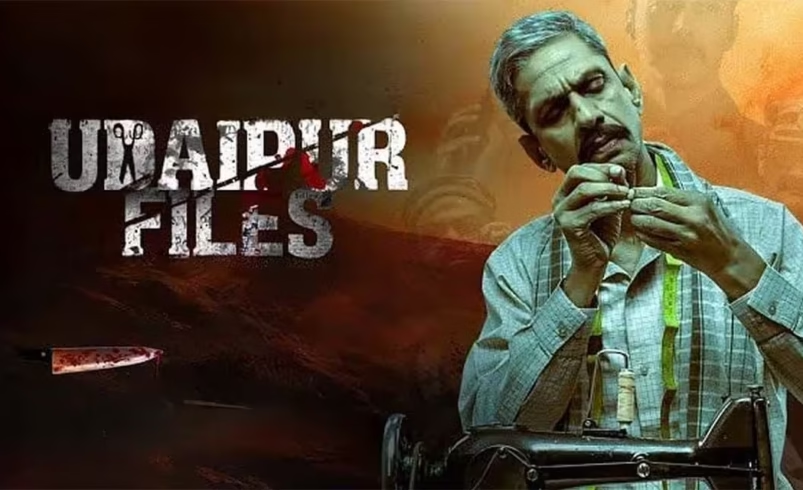Delhi High Court Halts ‘Udaipur Files’ Release, Awaits Government Decision
- July 10, 2025
- 0

The Delhi High Court has issued a stay on the release of the film ‘Udaipur Files,’ which was scheduled to premiere in theaters imminently. This decision represents a significant setback for the filmmakers, as the court’s intervention comes just a day before the planned screening. The film centers on the 2022 murder of Kanhaiya Lal, a tailor who was beheaded in Udaipur. Petitioners Maulana Arshad Madani, President of the Jamiat Ulama-e-Hind, and journalist Prashant Tondon have called for a permanent ban on the film, arguing that it incites hate speech and could provoke communal tensions.
During an extensive five-hour hearing, a division bench comprising Chief Justice DK Upadhyaya and Justice Anish Dayal directed the central government to make a decision within a week regarding the film’s release. The court highlighted that the producers admitted to releasing a teaser without proper certification. It was noted that while the Central Board of Film Certification (CBFC) had certified a trailer with specific cuts on July 2, uncertified portions from an earlier teaser released on June 26 were still accessible online.
The court expressed concern over these uncertified segments being shared on social media, which violates the Cinematograph Act. Senior Advocate Kapil Sibal, representing the petitioners, argued that the film constitutes “the worst form of hate speech” against a particular community. He pointed out specific scenes that he claimed were unrelated to the murder case and could disrupt public order and harmony.
Additional Solicitor General Chetan Sharma countered by stating that 55 cuts had already been made to address concerns. He emphasized that while the film focuses on Kanhaiya Lal’s murder, it also explores broader themes protected under Article 19(1)(a) of the Indian Constitution, which guarantees freedom of speech and expression.
The bench concluded that while it is within their jurisdiction to intervene, they believe the petitioners should first seek recourse through the central government under Section 6 of the Cinematograph Act before approaching the court.